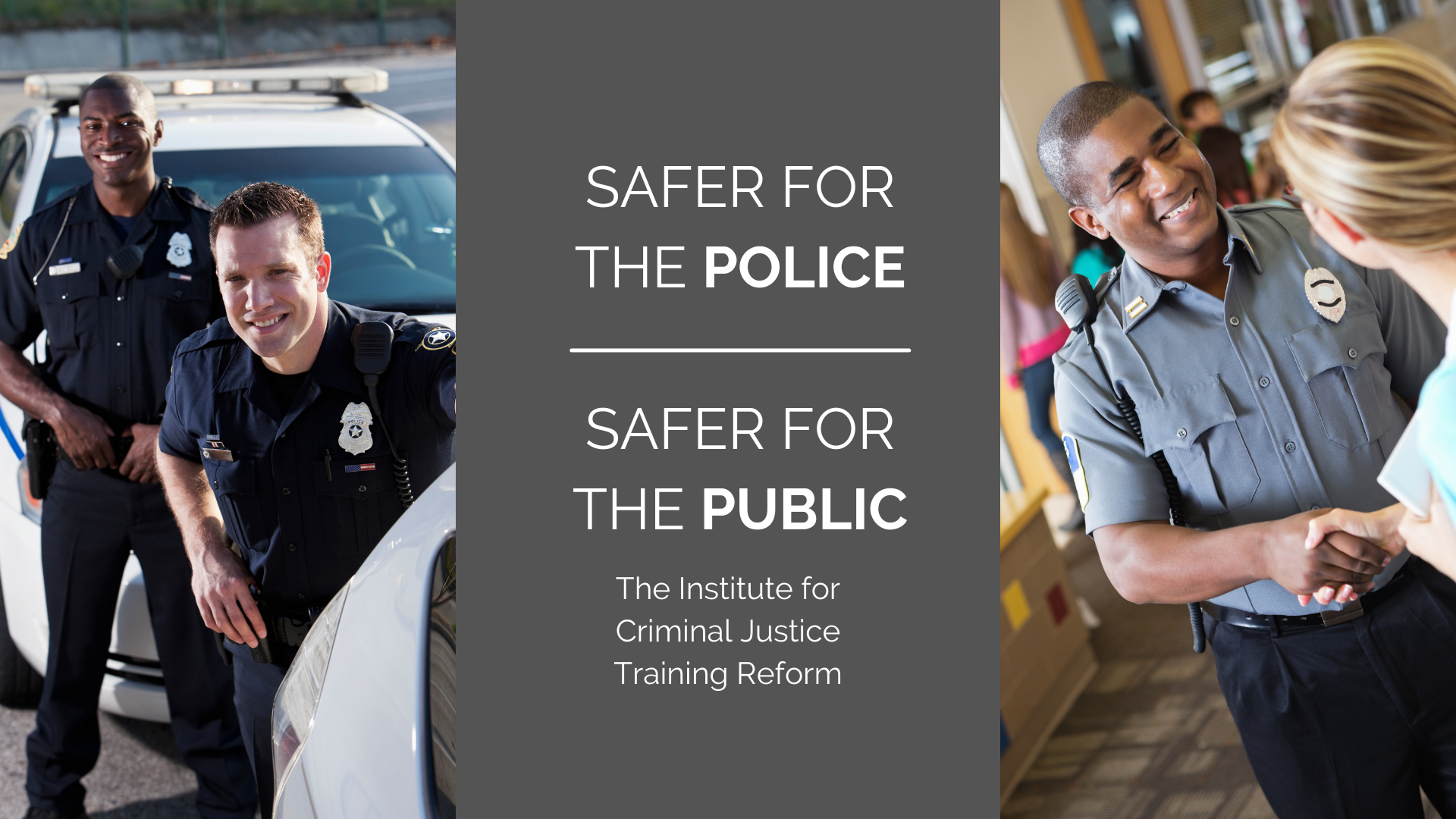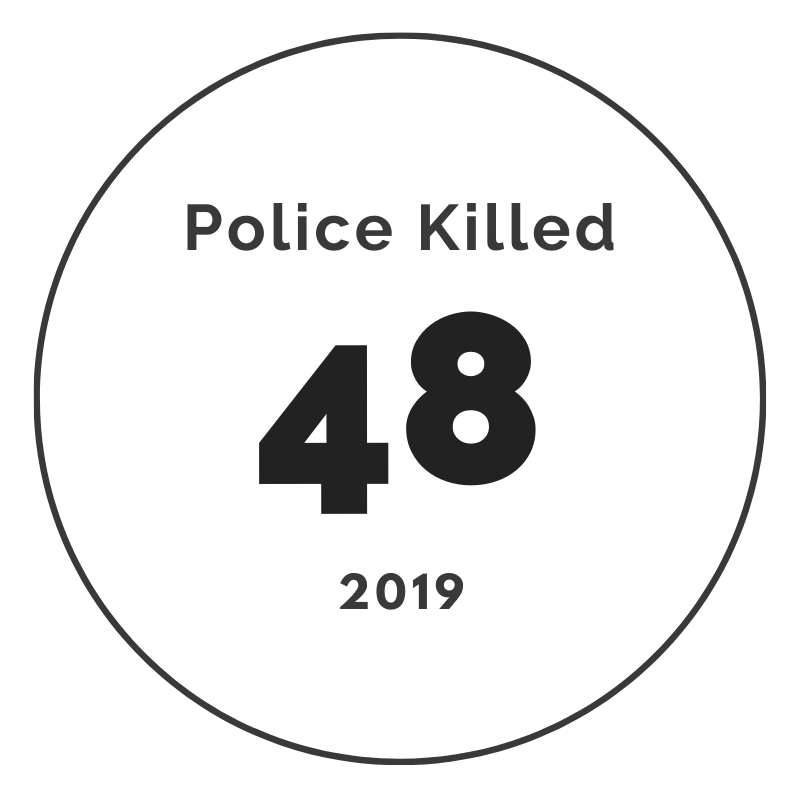
The Crisis We Face
From 2015 to 2019 more than 5,500 people were killed by US law enforcement. Those killed were often disproportionately minority citizens living in Native American, African American, and Latino communities; many of whom were experiencing a mental health emergency.
Additionally, as we see dangers against the police rise, from felonious assaults to COVID-19, the importance of preparing our public safety officials has never been more vital.
Many of these incidents can be linked directly to a series of training failures that also encourage a culture after training that is marked by a lack of accountability, particularly in response to excessive, unreasonable, and unnecessary use-of-force. These training failures range from inadequate minimum training hours to the militarized “Warrior-Cop” style training (such as the programs provided by the self-titled “Killologist”) that many training academies continue to promote.
“It is certain, in any case, that ignorance, allied with power, is the most ferocious enemy justice can have.”
The Problems with Police Training
What we are witnessing in police brutality, corruption, and excessive, unreasonable, and unnecessary use of force, including death, amounts to professional malpractice and can be linked directly to a series of training failures. Police and law enforcement officers play a critical role within our communities. Every day they help people in need and keep citizens safe. Every day they also kill an average of three people nationwide. We believe officers can play a vital role in communities they serve without killing the people they are sworn to protect.
NO TRAINING
One of the most alarming aspects of training regulation - allowing officers to be trained AFTER a police officer begins working. Currently, there are 37 states that allow new officers to defer training. This means new, untrained officers have full authority to detain, arrest, incarcerate or even kill - without ever attending basic police training.
NOT ENOUGH TRAINING
The U.S. Bureau of Justice Statistics’ 2013 study found that, on average, police officers across the country receive less than 6 months of basic training, slightly more than the 16-weeks average that is legislatively required. Field training is often not required by law. Where it is required officers receive, on average, a meagre 6 ½ weeks of real-world application, but without state mandated minimum hours or standards, departments can set guidelines that are inadequate.
THE WRONG TRAINING
An officer’s training often has an overwhelmingly disproportionate emphasis on tactical skills such as those dealing with firearms and self-defense, which represent a small fraction of the danger encountered on the job. By contrast, the least amount of training is provided in the aspect that presents the greatest threat to an officer’s mortality: suicide. Each year, according to available data, police officer suicides exceed the number of police officers killed by two to three times.
Bridging community and law enforcement through training.
The Institute for Criminal Justice Training Reform is the nation’s only nonprofit advocacy and research organization solely dedicated to making our streets safer for citizens and police through increased, improved and regulated training for U.S. police, law enforcement and criminal justice employees.
OUR APPROACH
Community Impact Team
Our Community Impact Team works in Advocacy and Outreach with people from communities that are most impacted by aggressive and biased policing, including police action killings. The national and state teams are organized to hear the stories of these communities and invite them to be a part of our decision-making process for recommendations in research, training and legislation.
New Training Curriculum
Informed by our innovative research and the voices of impacted communities, we propose and promote new curriculum components that will improve training immediately. We also develop new training curricula programs and will work with academies and training administrators across the country to help identify and acquire resources needed for full implementation.
Groundbreaking Research
Officers who have justified killing another human being have often cited the common defense, “Based on my training and experience, I was in fear for my safety.” Yet data suggests that officer safety is at its highest in more than half a century. To fully correct an officer’s unfounded fears, we must begin with research to determine if training itself is making the police afraid.
Legislative Change
We work in partnership with Legislators at the State and Federal level to help identify, shape and recommend needed legislation to improve and increase training standards and eliminate harmful training protocol such as The 21-foot Rule and ‘warrior cop’. We also help to create support for needed legislation through Amicus Briefs, Community Involvement and Education and Awareness campaigns.
About the Institute
The Institute for Criminal Justice Training Reform exists to save lives and reduce injury among the public and the police by reforming the deeply inadequate, antiquated, and flawed training models, policies and procedures and legislative standards for employees in the United States' Criminal Justice System particularly those with the power to arrest, detain, commit and kill.
Beginning with in-depth research, our organization identifies needed changes to training in coordination with those communities who are impacted the most.
Encouraging public engagement, we work in partnership with organizations and community leaders to promote safe, scientific, data-driven, and innovative changes to criminal justice training throughout the U.S.










